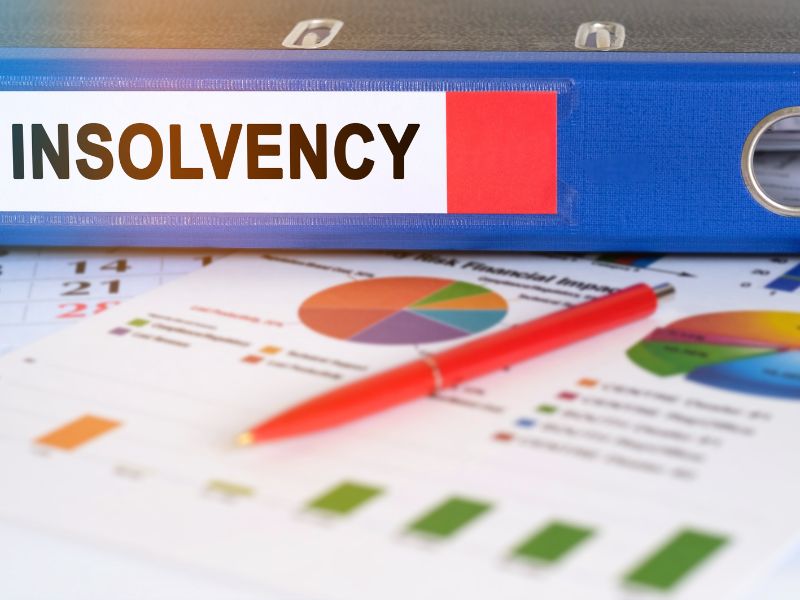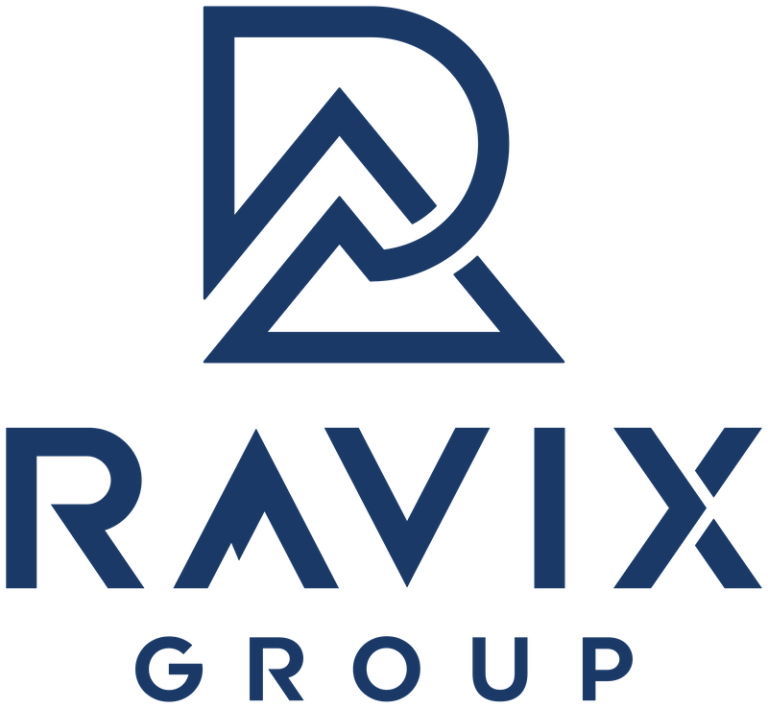When a startup faces financial distress, navigating the complex web of debt and asset liquidation can be daunting. Traditional bankruptcy often seems like the only route, but there is an alternative that offers a more streamlined, cost-effective, and controlled process: Assignment for the Benefit of Creditors (ABC). This lesser-known yet powerful tool allows startups to manage their financial troubles with greater ease and efficiency.
Below is your guide to better understanding ABCs and their internal mechanics, including potential advantages for startup founders.
What is an Assignment for the Benefit of Creditors?
An Assignment for the Benefit of Creditors is a state law insolvency proceeding wherein a company, realizing it cannot continue its operations and meet its financial obligations, voluntarily transfers all its assets to a third-party assignee. The assignee then takes responsibility for liquidating the assets and using the proceeds to pay off the company’s creditors. This process is an alternative to federal bankruptcy.
Why ABCs are Strategic Choice for Winding Down
- Simplicity and Speed: ABCs are often faster and less complex than formal bankruptcy proceedings. Many of the procedural steps in bankruptcy can be avoided without court hearings and extensive filings.
- Cost-Effective: Due to the simpler nature of ABCs compared to bankruptcy, the associated administrative and legal costs are often lower. Costs range from $60-$150k depending on complexity and length of management.
- Flexibility: ABCs allow for more flexibility in the liquidation process. The assignee has more discretion in how assets are sold and how to maximize the value for creditors.
- Privacy: ABCs can be more private than bankruptcy filings, which are public and can attract a lot of media and public scrutiny. While ABCs are still a matter of public record, they don’t typically garner the same level of attention.
- Avoiding Stigma: Bankruptcy carries a certain stigma that can impact future business endeavors, partnerships, and reputation. Choosing the financial insolvency process of ABC can sometimes help a company avoid this stigma.
- Avoiding Certain Bankruptcy Complications: In bankruptcy, there might be specific requirements, rules, and potential challenges like preference claims, where certain payments made before the bankruptcy can be clawed back. ABCs may not have the same level of complications.
- Beneficial for Creditors: Since ABCs are designed to benefit creditors, they can offer a more orderly and potentially faster way for creditors to receive some return. This can be appealing to creditors who might otherwise receive less or wait longer in a bankruptcy process.
How ABCs Work for Startups
A startup becomes the “Assignor,” signing their startup to a professional firm to manage the process in the most efficient manner possible, to increase the value while minimizing debt.
Assignor: The startup (usually a financially distressed company or individual) transfers its assets to a third party (the assignee) to facilitate liquidating those assets for the benefit of its creditors.
Responsibilities:
- Assessment: Before deciding on an ABC, the assignor should evaluate its financial situation to determine if an ABC is the most appropriate course of action.
- Selection: The assignor chooses a trusted and competent assignee, often with expertise in liquidating assets in the specific industry of the assignor.
- Transfer of Assets: The assignor transfers all its assets to the assignee. This transfer is done without any preferences for specific creditors.
- Cooperation: Once the assets are transferred, the assignor’s main responsibility is to cooperate fully with the assignee, providing any necessary information or documentation.
Assignee: The assignee is the party (often an individual, entity, or external firm specializing in business wind-down services) that accepts the assets from the assignor. The assignee’s role is to liquidate those assets and distribute the proceeds to the assignor’s creditors.
Responsibilities:
- Asset Management: Take control of, secure, and manage the assignor’s assets.
- Valuation: Determine the value of the assets, sometimes by hiring experts or appraisers.
- Liquidation: Sell, auction, or otherwise liquidate the assets to maximize returns.
- Creditor Communication: Notify all known creditors of the ABC and invite them to submit claims.
- Claims Review: Review, verify, approve, or reject creditor claims based on the assets’ liquidation proceeds.
- Distribution: Distribute the liquidation proceeds to creditors according to their priority.
- Final Reporting: Once the assets are liquidated and proceeds distributed, the assignee provides a final report detailing the ABC process, assets sold, and amounts distributed to creditors.
In an ABC, the assignor and assignee work together to ensure a smooth and efficient process that maximizes value for creditors while minimizing legal complications and risks for the assignor.
Want to know more about business wind-downs and liquidations? Download our Wind-Down Playbook today to get comprehensive insights and step-by-step guidance



